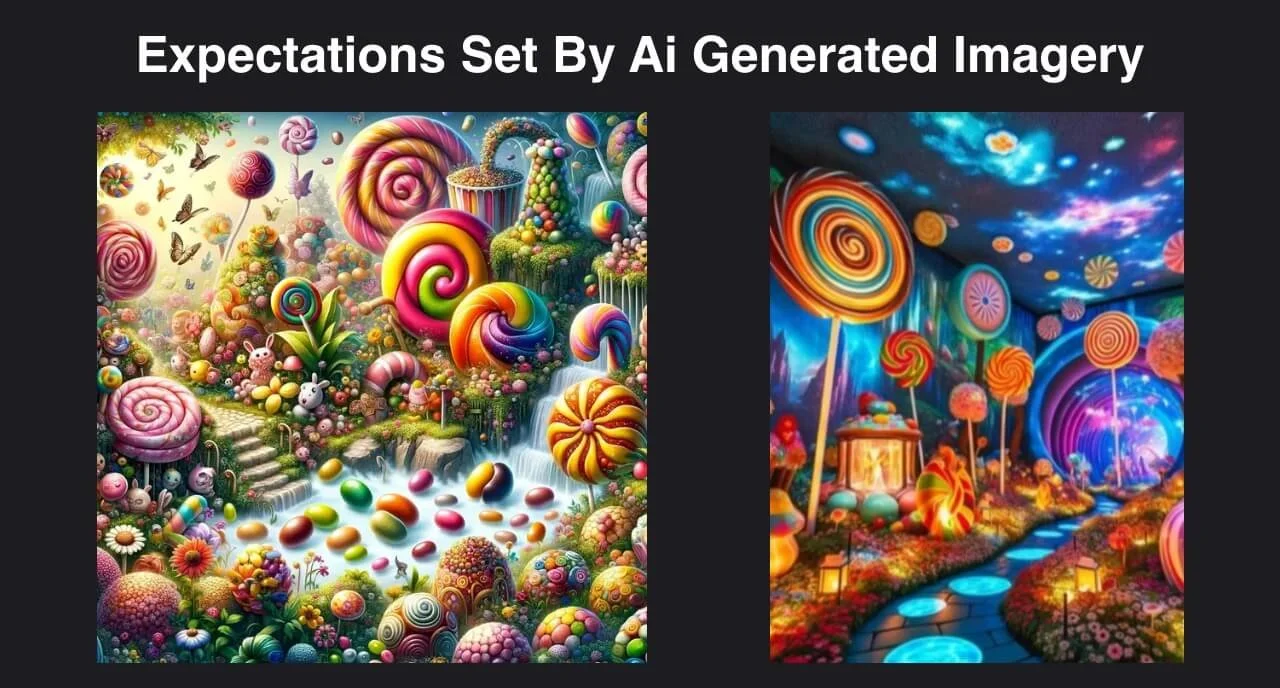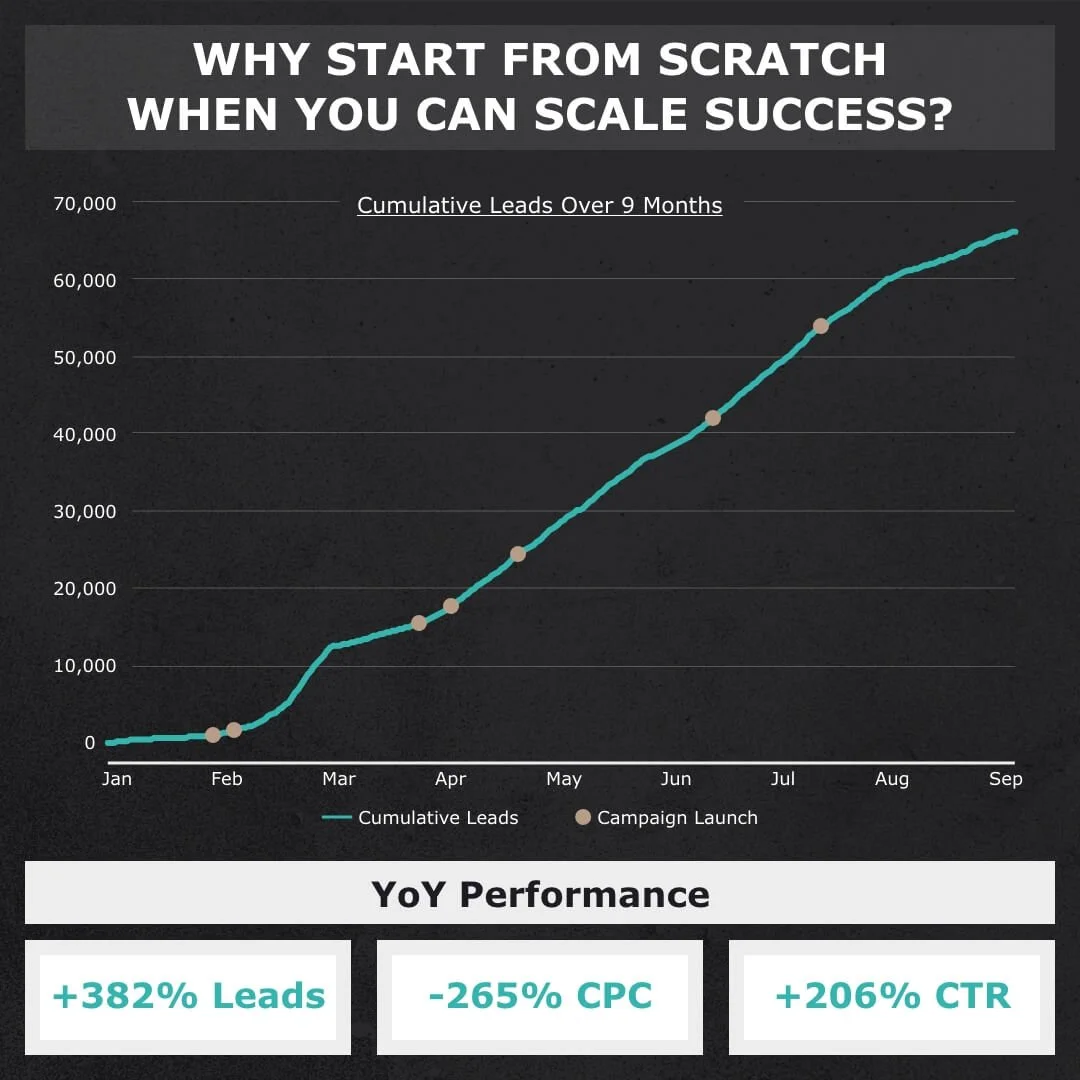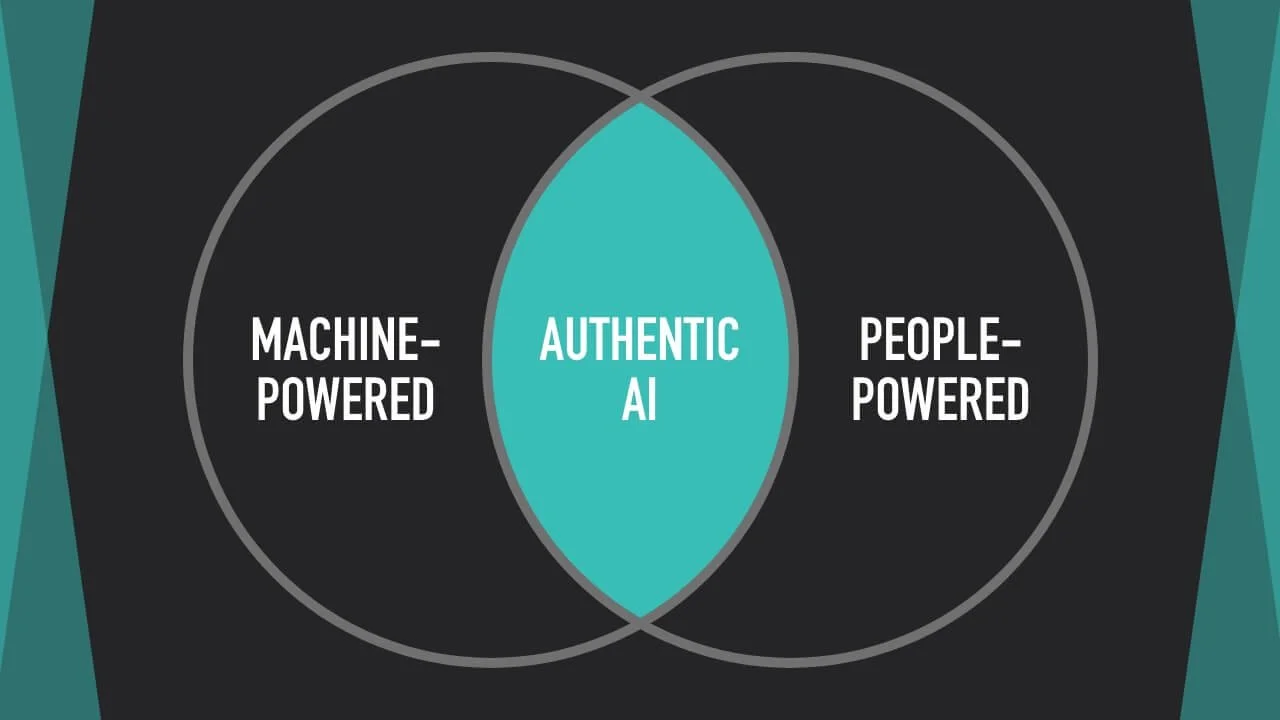The Perfect Blend of Creativity, AI, and Compliance: Mastering Ad Strategy in 2024
The Perfect Blend of Creativity, AI, and Compliance: Mastering Ad Strategy in 2024
In 2024, brands are fighting harder than ever to grab attention and build trust in an increasingly competitive market.
With AI rapidly transforming the ad landscape and compliance requirements tightening, how can marketers strike the perfect balance between technology, creativity, and ethics?
After attending the Creative Strategy Summit hosted by Motion, I gained valuable insights into how industry leaders are tackling these challenges head-on.
From utilising AI to supercharge ad production to maintaining authenticity and adhering to strict FTC guidelines, this article explores the key takeaways from the event and offers actionable strategies to help you craft a winning ad approach for 2024.
In the sections that follow, I’ll dive into the most impactful insights from leading creative strategists and AI experts, exploring how to:
- Balance AI efficiency with human creativity to create original and engaging ads.
- Implement data-driven iteration to continuously optimise ad performance.
- Stay compliant with ethical and legal advertising standards, avoiding common pitfalls.
Whether you’re looking to enhance your ad production process or refine your compliance strategy, this article will equip you with the tools and knowledge to succeed in 2024 and beyond.
Let’s dive in!
The Role of Authenticity and Creativity in Ad Production
““Brands I’m working with don’t want basic; they want out-of-the-box.””
Why Authenticity Matters in Ad Production
In today’s saturated digital landscape, authenticity and creativity aren’t just buzzwords – they’re essential ingredients for ads that truly resonate with audiences.
Savannah Sanchez, a leading expert in TikTok advertising, emphasises that brands are moving away from conventional, formulaic approaches. What they crave now is originality—content that feels genuine and stands out amidst the flood of generic ads.
While AI-generated scripts and tools can offer convenience, they often lack the personal touch and innovation that only true human creativity can deliver.
This is why it’s crucial to integrate human elements into your ad strategy, ensuring your messages not only capture attention but also foster real, meaningful connections with your audience.
However, while AI brings efficiency, over-reliance on it can cause campaigns to fall flat. Next, we’ll explore what happens when brands stray too far from authenticity and rely too heavily on AI.
The Pitfalls of Straying Too Far from Authenticity: AI Ads Gone Wrong
When brands rely too heavily on AI without maintaining an authentic, human touch, the results can be disastrous.
Here are two notable examples I can think of where poorly executed AI advertisements drew widespread criticism and failed to connect with audiences:
Toys R Us - First AI Brand Film: While aiming to be innovative, Toys R Us created what they claimed to be the "FIRST EVER brand film" using OpenAI's technology. Instead of resonating with audiences, the resulting video was perceived as sinister and creepy, making the brand seem outdated rather than forward-thinking.
Willy Wonka Experience: An immersive event marketed with AI visuals promised a vibrant experience but delivered a disappointing reality with cheap props and a lackluster atmosphere. This discrepancy highlighted the dangers of using AI to create unrealistic expectations, ultimately damaging brand credibility.
These examples serve as cautionary tales about the risks of relying too heavily on AI in ad creation. They illustrate how straying too far from authenticity can lead to negative perceptions, backlash, and a loss of trust from your audience.
“AI can 10x your creative output, but it takes personality out of the creative.”
What This Means for Your Ad Strategy:
Avoid Overusing AI Scripts: AI can provide a useful framework but often leads to repetitive ads. Use AI as a starting point and infuse creativity with human input.
Use AI as a Tool, Not a Replacement: AI speeds up processes, but human insight should guide the final product.
Prioritise Creative Talent: Hiring skilled strategists who understand your brand ensures unique, targeted ads that stand out.
Balance Automation with Authenticity: Combine AI efficiency with human creativity for ads that are both effective and engaging.
How to Implement Authenticity in Your Campaigns:
Tell a Story: People connect with stories, not products. Use storytelling to showcase your brand's journey, values, or how your product fits into your customer's life.
Use Real Voices: Incorporate real testimonials, reviews, or case studies to add authenticity. Genuine experiences resonate more than scripted lines.
Experiment with Out-of-the-Box Ideas: Don’t be afraid to push the boundaries. Experiment with unconventional visuals, storytelling techniques, or humour to make your ads memorable.
By focusing on authenticity and creativity, your ads will not only stand out but also create a deeper, more meaningful connection with your audience – a connection that’s essential for building long-term brand loyalty.
Pro Tip: Learn from Failures
These failed AI campaigns show that technology alone isn’t enough. The human element is irreplaceable when it comes to producing content that genuinely resonates. Use AI as a tool, not a crutch, and ensure that every ad you create reflects your brand's values and voice.
The Power of Data-Driven Iteration in Ad Strategies
“We always start by analysing past performances to identify winning content.”
Successful ad campaigns are grounded in data. Cody Plofker, a seasoned marketing expert, highlights the importance of analysing past campaigns, especially for major events like Black Friday and Cyber Monday, to identify what works and iterate on those concepts for even better results.
Having worked with many brands and clients over the years, I've noticed a recurring pattern—teams often chase novelty while overlooking past successes.
Growth isn’t always about creating something entirely new; sometimes, it’s about refining and scaling what already works. By focusing on top-performing ads and adapting them across different campaigns throughout the year, you can achieve both cost-efficiency and impact.
Here’s an example of this in action with a financial services brand I have worked on over 2024.
The image above highlights how I took lessons from top-performing ads and applied those insights across various campaigns, building upon proven success.
This systematic approach to amplifying what works while optimising for higher efficiency is the essence of data-driven iteration.
Data-driven iteration isn't just a buzzword—it’s a powerful strategy to maximise ROI by leveraging past data and insights. By focusing on what resonates, marketers can improve outcomes and deliver greater value.
Here are some actionable ways to harness the power of data-driven iteration effectively:
Actionable Steps:
Analyse Past Performances: Review previous campaigns to identify top performers using metrics like ROAS, hook rate, CTR, and engagement.
Identify Patterns: Recognise successful creative styles and messaging to develop a repeatable framework for future campaigns.
Segment Audiences: Understand which segments responded best to different creatives and personalise accordingly for better conversions.
Double Down on Top Performers: Reuse high-performing creatives with slight modifications to keep them relevant and stretch successful assets.
Test New Concepts: Allocate 20% of resources to experiment with new ideas to stay innovative while mitigating risk.
Refine in Real-Time: Monitor live campaigns and adjust based on metrics like engagement and bounce rates to optimise results.
Feedback Loop: Maintain a database of learnings for continuous improvement, ensuring each campaign iteration outperforms the last.
Key Benefits of Data-Driven Iteration:
Reduced Risk: Minimise uncertainty by building on proven strategies, lowering the chances of failed launches.
Improved Efficiency: Streamline processes and use what's already effective to execute faster.
Increased ROI: Maximise returns by focusing resources on areas with a history of success.
Scalability: Expand successful campaigns confidently, knowing they’re built on a foundation of solid data.
Data-driven iteration in ad strategies empowers marketers to blend creativity with analytics, creating campaigns that not only captivate audiences but also deliver meaningful, measurable results.
By embracing what’s worked in the past and strategically iterating on it, you’re not just creating ads—you’re crafting a blueprint for sustained growth and success.
Ethical and Legal Compliance in Ad Creation
“You have to have that disclosure – FTC can go after the agency, brand, or creator if it decides to make an example out of you.”
Compliance isn’t just about ticking boxes; it’s about maintaining trust and avoiding legal pitfalls.
Savannah stresses that adhering to FTC guidelines is crucial, especially when using testimonials, music, or AI-generated voices in ads. Overlooking these regulations can lead to severe penalties.
FTC Guidelines Overview:
Truthfulness: All claims in advertisements must be truthful and not misleading. Advertisers must have evidence to support any claims made, especially those concerning health or safety.
Endorsements and Testimonials: If using endorsements, ensure they reflect honest opinions and disclose any material connections (e.g., compensation). Advertisers are responsible for monitoring the actions of their endorsers to prevent deceptive practices.
Clear Disclosures: Disclosures must be clear, conspicuous, and easily noticeable. Use straightforward language like “ad” or “sponsored,” and ensure they are placed prominently in any content.
Essential Compliance Tips:
Include Disclaimers: Always include disclaimers like “Those appearing in this ad were compensated for their time.” This builds transparency and keeps you within FTC guidelines.
Avoid Unauthorised Content: Only use music and voices that have been commercially approved, and steer clear of using AI-generated celebrity voices unless you have explicit rights.
By following these guidelines, advertisers can create campaigns that are not only effective but also ethical and compliant with legal standards.
Conclusion: Mastering the Future of Advertising
As we move further into 2024, the need to strike the right balance between creativity, AI, and compliance has never been more critical.
AI can certainly streamline processes and boost output, but the human touch remains irreplaceable for crafting unique, authentic ads that truly connect with audiences.
By blending cutting-edge technology with a data-driven, iterative approach—and ensuring strict adherence to ethical standards like FTC guidelines—brands can do more than just stay compliant; they can build lasting trust and deeper relationships with their consumers.
Successful ad strategies aren’t just about chasing the latest trends.
They are built on a foundation of proven concepts, elevated by creativity and purpose. The brands that will thrive in this evolving landscape are those that embrace the efficiency of AI while preserving the originality and authenticity of human insight.
Now is the time to reimagine your approach to advertising.
Are you effectively blending AI with creativity and compliance to foster trust and loyalty with your audience?
As 2024 unfolds, don’t just follow trends—lead with innovation and intentionality. Need guidance on crafting a strategy that delivers real impact? Let’s connect and make it happen.










